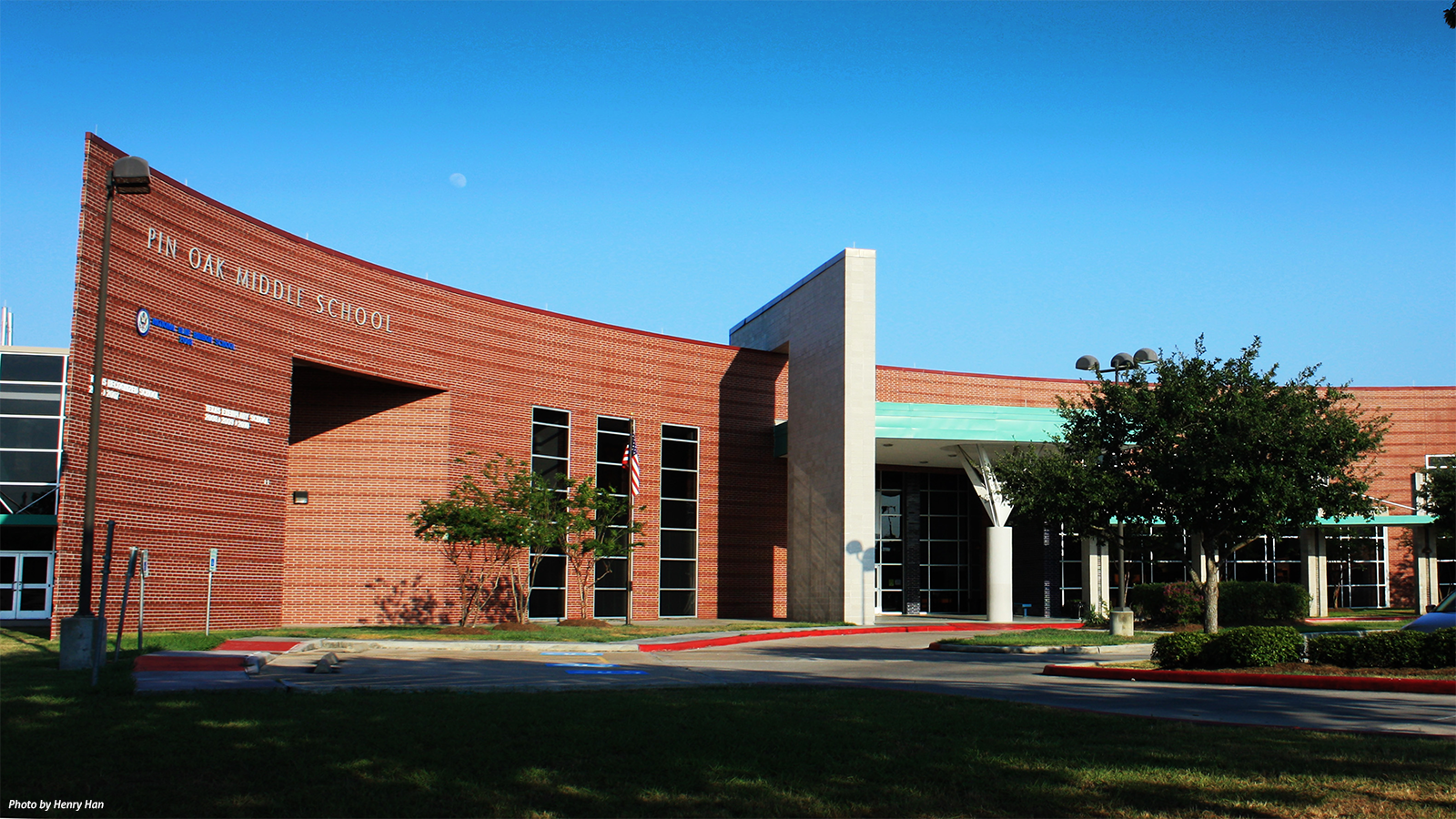The Influence of College Environments on Academic Success and Personal Well-Being
The school setting substantially affects both scholastic success and personal well-being, including aspects such as physical format, classroom atmosphere, and interpersonal dynamics. The layout of academic areas, including natural lighting and ergonomic furniture, can improve pupils' focus and convenience. The quality of teacher-student partnerships and the nature of peer interactions play critical roles in cultivating an atmosphere favorable to learning and psychological assistance. Understanding just how these various factors interplay to form trainee end results elevates vital inquiries about maximizing educational settings for all natural growth. How can colleges purposefully boost these facets to much better sustain their pupils?
Physical Design and Design
How does the physical design and layout of an institution effect academic success? The plan and visual of an institution environment can substantially influence students' learning outcomes. A well-designed school layout promotes simplicity of movement, reduces distractions, and fosters a sense of safety and belonging. Broad corridors and plainly marked areas promote smooth shifts in between courses, reducing lateness and interruption. Furthermore, purposefully put typical areas encourage social interactions, which are essential for psychological and social advancement.
All-natural lights and efficient ventilation systems are critical in boosting cognitive feature and reducing absence. Researches have shown that class with ample all-natural light enhance student concentration and lower feelings of sleepiness. Moreover, ergonomic furnishings tailored to pupils' demands can protect against physical pain, enabling prolonged emphasis and interaction in academic tasks.
Accessibility to outdoor rooms and cosmetically pleasing surroundings additionally play a critical role - Save Temecula Schools. Environment-friendly rooms and properly maintained school grounds provide chances for physical workout and psychological leisure, both of which are very important for maintaining high levels of academic performance. Fundamentally, an attentively developed physical atmosphere can function as a driver for scholastic quality, fostering an environment that sustains both teaching and learning
Classroom Atmosphere
An environment that promotes a sense of safety and security, inclusivity, and mutual respect motivates trainees to involve more proactively in their understanding procedures. The setting of a class, including aspects such as illumination, noise degrees, and seating arrangements, can considerably impact trainee focus and motivation.
In addition, the class ambience should support a culture of collaboration and open communication. When pupils really feel comfy sharing their ideas and asking inquiries, they are more likely to involve deeply with the material and establish critical assuming skills - Save Temecula Schools. Peer interactions and group activities can enhance understanding by cultivating and supplying diverse viewpoints synergy
Moreover, establishing constant routines and clear assumptions can develop a structured environment that permits trainees to concentrate on their studies. By decreasing unpredictability and supplying a predictable structure, pupils can better handle their time and obligations. Eventually, a positive classroom ambience not only enhances academic performance but additionally adds to the overall well-being of students, preparing them for future academic and individual ventures.
Teacher-Student Relationships
Building on the value of a positive classroom atmosphere, the relationships between teachers and trainees play a pivotal role in forming academic success. A healthy teacher-student connection promotes a finding out setting where students feel valued, understood, and sustained, which dramatically enhances their inspiration and engagement. When students regard their instructors as compassionate and approachable, they are most likely to participate actively in course and seek help when required, adding to a much deeper understanding of the topic.

This depend on allows trainees to share their issues and ideas openly, cultivating a joint learning atmosphere. In significance, solid teacher-student relationships are a keystone of educational success, playing a vital role in more info here both scholastic success and individual growth.
Peer Communications
Peer interactions significantly influence academic success by shaping a pupil's social and cognitive growth. Positive peer interactions can boost a trainee's motivation and interaction in scholastic tasks with joint discovering and common assistance.

Efficient peer communications likewise contribute to the growth of crucial life skills, such as collaboration, communication, and dispute resolution. These social expertises are critical for both scholastic success and personal well-being, emphasizing the value of fostering positive peer characteristics within the school atmosphere.
Extracurricular Tasks
Participating in after-school activities plays an essential duty in a pupil's scholastic success and personal advancement. These activities, varying from sports groups to question clubs, offer students possibilities to hone useful skills such as management, time monitoring, and teamwork. Research study continually indicates that trainees that join after-school activities often tend to accomplish greater academic efficiency. This relationship is typically attributed to the organized environment and the discipline required to stabilize both scholastic and extracurricular commitments.
In addition, extracurricular involvement promotes a feeling of belonging and community, which is important for personal well-being. Getting involved in group activities permits students to construct and enhance social media networks, boosting their emotional and social intelligence. These interactions are critical for creating social skills that are beneficial in both future and academic specialist atmospheres.
In addition, extracurricular tasks supply a useful outlet for students to explore their interests and passions beyond the standard curriculum. This exploration can bring about the exploration of brand-new abilities and possible profession paths, additionally motivating pupils to involve more deeply in their academic work. In final thought, the duty of after-school activities extends beyond plain entertainment; they are indispensable to promoting an all natural educational experience that promotes both academic success and individual growth.
Verdict
Attentively other created physical designs and class, along with favorable teacher-student connections and constructive peer interactions, dramatically improve trainee inspiration and involvement. These aspects jointly underscore the significance of creating and keeping optimal college atmospheres for the advantage of trainees' scholastic and personal development.
Eventually, a favorable classroom environment not only enhances scholastic performance but additionally contributes to the overall well-being of trainees, preparing them for future instructional and individual undertakings.
